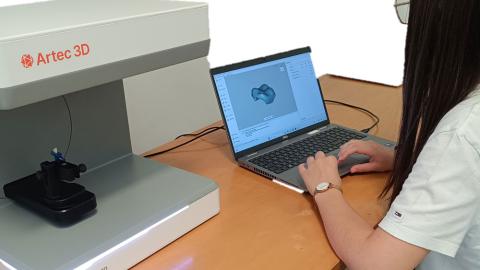Healthcare

At Ramirez & Co., a midsize business with decades of wins, leadership thought its biggest challenges were competitors, technology, and the market. Close, but no cigar. The real problem was stress, the silent drain that doesn’t show up on a Gantt chart but still wrecks your timeline.
…
What if your quality system could detect and initiate corrective actions for equipment deviations before they affect product quality?
It’s a compelling vision—and one that’s becoming increasingly achievable through AI-enabled automation. But let’s be clear: We’re not there yet.…

Imagine you’re a student trying to pass a challenging class, one where the entire grade rests on the big test at the end of the semester. Fortunately, the professor handed out a syllabus that outlines exactly what will be on that final exam. Better still, you can also find a posted list of…

Take two aspirin and call me in the morning: If only prescribing medications were as simple as that.
In reality, the prescription process involves many players and steps. Details must be accurately spelled out, interpreted, and double-checked to ensure patients get the correct…

A few years ago, I heard on the news that many people were being hospitalized with a condition of excess fluid in the lungs, called pulmonary edema. It’s common in elderly patients. Pulmonary edema is dangerous and can lead to breathing difficulties and lung failure. Because it has the potential…

The dental industry is seeing a surge in 3D printing, with the technology enabling a growing number of dentists to rapidly create custom implants in clinics around the world.
When it comes to customizing implants like dental crowns, bridges, guides, and aligners, 3D printing is…
